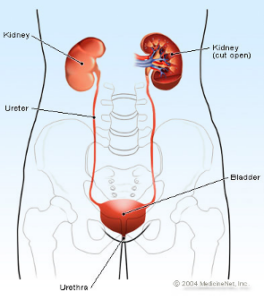The German professor (University of Wittenberg) and later spitter of antisemitism, Martin Luther, was credited with the protestant reformation, with it being said he nailed his 95 theses on the door of the Castle Church, Wittenberg, October 31, 1517. While being the father of reformation may have rightly been ascribed to him, was there anyone else who was a catalyst for the reformation? I suggest such a person to be Jakob Fugger, also German, a banker and one of the richest men who ever lived.
Well, first of all, what were the fundamental positions of Professor Luther’s 95 theses, which were the genesis of the reformation? In his scholarly writings, Luther pushed back against the church (Catholic Church) to say, salvation was to be embraced as being through faith in Christ and not by works and financial payments. During this period in the early 16th century, the church’s thrust as an organized criminal body and the biggest scammer organization, was most evident. The church was not only selling indulgencies for past sins but also future sins. So therefore, one could pay the church for from now, towards being absolved, for a sin he may future commit. My goodness! Tell me that isn’t some righteous scamming! Not even our local top scammers or even those of Nigerian talent, seem as wicked as those church leaders, pushing the indulgence positions.
Now, where does Jacob Fugger fall in all this? The short version is that Fugger was a wealthy and well connected banker who had most of Europe indebted to him. Kings, political and business leaders borrowed from him. Pope Leo X and the Catholic Church also took credit from Fugger to build The Vatican City as well as renovate churches throughout Europe. As someone who spent many years in banking and finance, I can tell you that credit ain’t cheap. To keep up with the principal and interest payments to Fugger, among other things, the Church became very aggressive with the selling of indulgencies to include those for future sins. “As soon as the coin in the coffer rings, a soul from purgatory upward springs” is a saying ascribed to Dominican Friar Tetzel.
Fugger was so serious about the collection of his loan payments that he once scolded France’s King Charles V, who was delinquent with his installments. It was the church’s strong push for indulgences, towards repaying Fugger that drove Professor Martin Luther to take a stand against the church, writing his 95 theses, which led to the genesis of the reformation. Salvation comes through faith in Jesus. No amount of money nor works can buy salvation.
Prior to Fugger, it was a sin for Christians to have charged interest on loans. Fugger was the one to have changed the world financial environment to be what it is now, wherein, he had pressured Pope Leo X to have loan interest legalized. Pope Leo X was indebted to Fugger. He who pays the piper, calls the tune. (On a different note…understand why it is important to have transparency re political campaign financing?)
What a fellow Fugger was?! He changed the financial landscape with interest being legitimized and he indirectly contributed to the effecting of protestantism.
I am,
Garfield Goulbourne,
garfieldgoulbourne@yahoo.com






